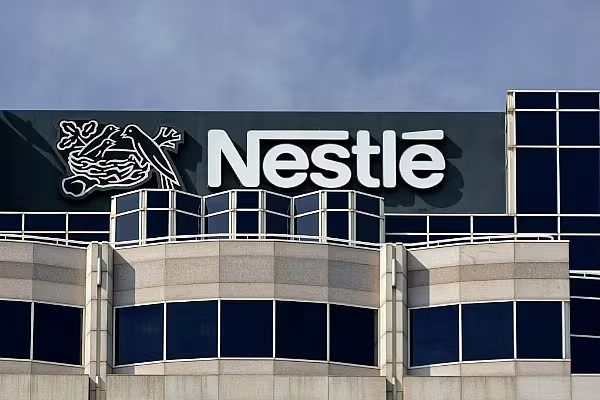Nestlé UK and Ireland has announced plans to redistribute two million more meals per year from its surplus food.
The global food giant has partnered with the UK’s largest surplus redistributor Company Shop, and the charity Wrap, to redistribute more of its surplus food towards charitable and commercial uses.
The food company has already been redistributing much of its finished and packed products surplus through the UK charity Fareshare.
It said it is now examining how to expand its efforts to foods that require more involved approaches to make redistribution possible.
Part-Processed Products
The partners are undertaking detailed site assessments to identify any opportunity to reduce food waste at the source and find ways that any part-processed products can be redistributed instead of being used for animal feed or anaerobic digestion, according to Nestlé.
It said it has tested methods at a number of its factories and has found an economically sustainable way for food manufacturers to tackle operational food waste.
Increasing the amount of food being distributed in this way will also help the national redistribution infrastructure to grow and support the food industry’s efforts to reduce waste, the food company said.
The approach has social and environmental benefits while helping to reduce costs for manufacturers right across their supply chain and benefits the whole industry, it said.
Viable Approach
“As a food manufacturer, we see food waste as a very important issue for business and society,” said Andy Griffiths, head of environmental sustainability at Nestlé UK and Ireland.
“To help us reduce and find good uses for our surplus food we’ve been working with our partners to find innovative ways to address these issues in our supply chain but also to help the wider industry. The joint expertise and insight of our longstanding partners in food surplus waste have been crucial in developing a viable and scalable approach.”
According to Nestlé, food redistribution is a significant issue for the industry, with only 17% of the edible surplus food currently being redistributed through charitable and commercial routes.
“By increasing the amount of food going through charitable redistribution, collectively we can make a significant impact and help people in need as well as reduce the environmental challenges associated with food waste,” Griffiths added.
Unlocking Potential
John Marren, founder and chairman of Company Shop, said that the group does not want to see any good food going to waste, and that they work to help companies unlock their full potential of their surplus.
“We commend Nestlé for their joined-up approach to preventing waste and we look forward to demonstrating the positive social, environmental and economic impact that can be achieved through this programme,” Marren said.
“This is an excellent example of organisations collaborating to boost food redistribution,” added David Moon, head of food sustainability at Wrap.
“With its partners, Nestlé has developed practices that work within its own network, and which - more importantly - can now be shared and replicated to benefit the sector more widely. This sort of innovative thinking will help the wider sector in contributing towards the Courtauld Commitment 2025 ambition to double the amount of surplus food redistributed by 2020.”
Research by Wrap revealed that over half of the food waste generated by the UK manufacturing and retail sectors is avoidable. Wrap reported that avoidable food waste could be reduced by 42%, saving businesses millions of pounds a year, through prevention of food waste, redistribution of surplus and diverting surplus to animal feed.
In the last decade, Nestlé donated the equivalent of over seven million meals’ worth of food to charitable causes through Fareshare. Working with Company Shop, Nestlé has saved tens of thousands of tonnes of waste by redistributing its products through Company Shop’s national network of membership-only stores, according to Nestlé.
The food company said that by the end of 2015, all of its UK and Ireland factories had been verified as achieving zero waste to landfill.
© 2017 European Supermarket Magazine – your source for the latest retail news. Article by Kevin Duggan. Click subscribe to sign up to ESM: The European Supermarket Magazine.














